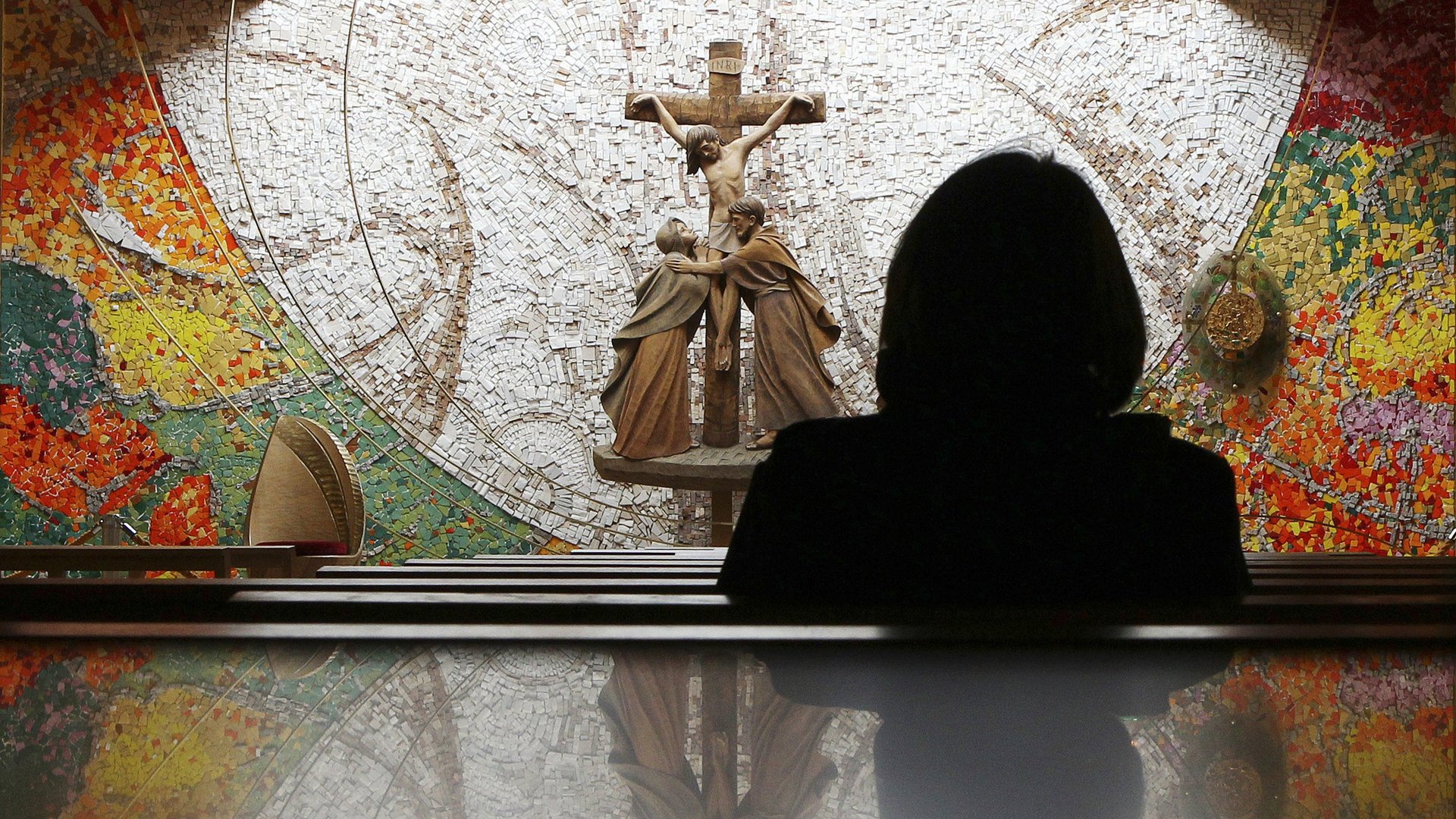Ireland will vote in a referendum on its blasphemy law
People in the Republic of Ireland will be able to vote in a referendum on whether the nation can speak sacrilegiously about God or sacred things without legal consequences.


People in the Republic of Ireland will be able to vote in a referendum on whether the nation can speak sacrilegiously about God or sacred things without legal consequences.
In 1937, the law on blasphemy was written into Article 40 of the constitution, which states that the “publication or utterance of blasphemous, seditious, or indecent matter is an offence which shall be punishable in accordance with law.” Then in 2009, the nation introduced another law prohibiting the “publishing or uttering [of] matter that is grossly abusive or insulting in relation to matters sacred by any religion.” The latter could result in a fine of up to €25,000 ($29,375).
The referendum date has yet to be confirmed, but the vote is expected to take place on the same day as the presidential election, which will likely happen in October.
“In terms of Ireland’s international reputation, this is an important step,” said justice minister Charlie Flanagan in a statement. “By removing this provision from our Constitution, we can send a strong message to the world that laws against blasphemy do not reflect Irish values and that we do not believe such laws should exist.”
The former Fine Gael-Labour coalition had promised a vote on the blasphemy law when it governed from 2011 to 2016. However, the new government is proposing to pick up where the administration had left off.
The last known prosecution in Ireland related to blasphemy was thought to be in 1855, said Enda Kenny, the previous taoiseach, or Ireland’s prime minister and head of government. However, in 2015, Irish authorities launched an investigation under blasphemy laws into British actor and comedian Stephen Fry. Just one person formally complained to the Irish national broadcaster RTÉ about Fry’s interview, in which he called God stupid, selfish, and “quite clearly a maniac.” It took two years until the police stopped the probe.